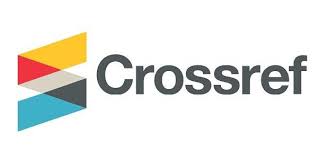Optimizing Waste Transport Efficiency in Langsa City, Indonesia: A Dynamic Programming Approach
Keywords:
Dynamic program, Landfill, Langsa city, Waste management, Waste disposal, Waste TransportationAbstract
The ever-growing urban population intensifies waste management challenges, particularly in waste transportation logistics. Langsa City, Indonesia, exemplifies this problem, with limited daily waste collection fleets requiring route rotation across different drivers and teams. This study investigates the effectiveness of Dynamic Programming (DP) in optimizing waste transport routes in Langsa City, focusing on minimizing travel time, distance, and fuel consumption. Data collection involved route observations, driver interviews, and fuel consumption calculations for six operating fleets across Langsa City. DP was then applied to generate optimized routes for each fleet. The results demonstrate that DP significantly improved route efficiency. Optimized routes yielded mileage reductions between 0.2-2.9 km, translating to 2-19 minutes of time savings per shift. Furthermore, a cumulative fuel saving of 0.903% was achieved across all vehicles for a single change. These findings highlight the effectiveness and applicability of DP in optimizing waste transport routes in Langsa City, potentially leading to cost reductions, improved service delivery, and reduced environmental impact.


 Coming soon to be indexed by:
Coming soon to be indexed by:




